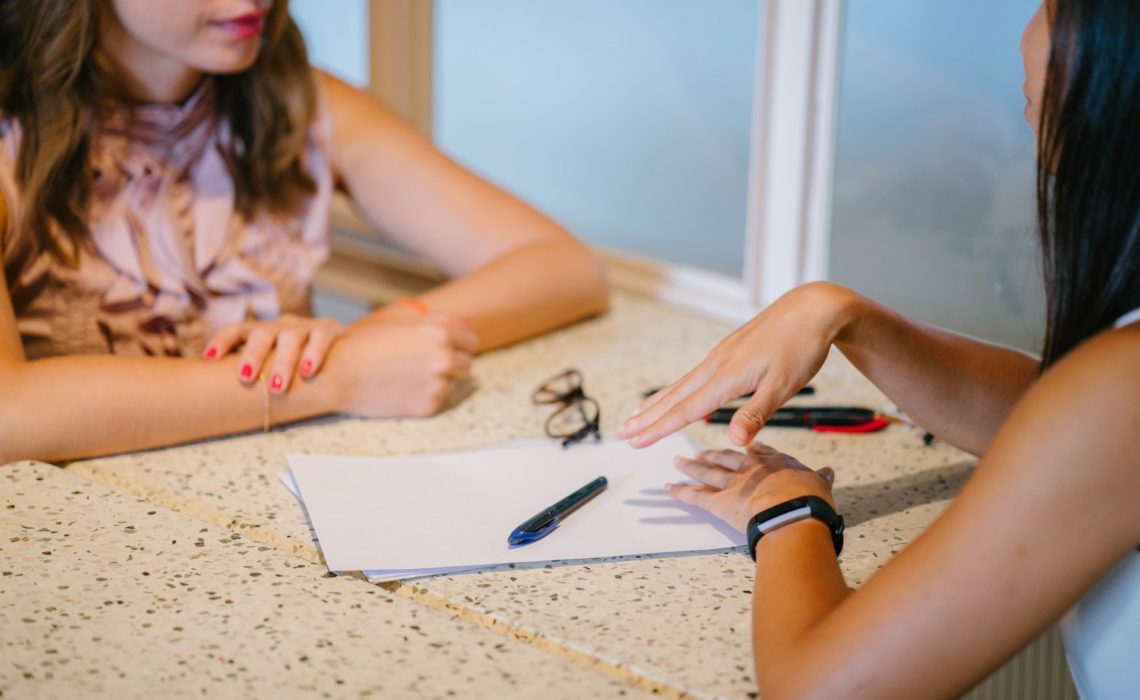
We’ll never stop saying it—planning a wedding takes a lot of work. For many couples, the planning happens in background between jobs, social lives, child care, or education classes. Your wedding can actually start to feel like its own job. But that’s because, well, it is. The average couple will spend up to 300 hours planning their wedding (without the help of a wedding planner!). That’s seven-and-a-half months of a full-time, 40-hour-a-week work. No wonder couples threaten to elope!
But a wedding planner can change all that. Their job is your wedding, so you focus on the important details, while they handle the rest. You’re not entirely off the hook—which is good, because it’s your wedding, after all. But your life won’t feel like it’s on hold until after the honeymoon.
For example, you’ll still need to come up with the guest list. (Even though your wedding planner sends the invitations). And you’ll need to set your maximum budget, and potentially break down the budget by category. (Although the wedding planner maintains the budget). Lastly, you’ll still pick out your own wedding dress or tux. (But that’s the fun part! Plus, your wedding planner can offer fashion advice.) So, what does a wedding planner even do? We were just getting to that!
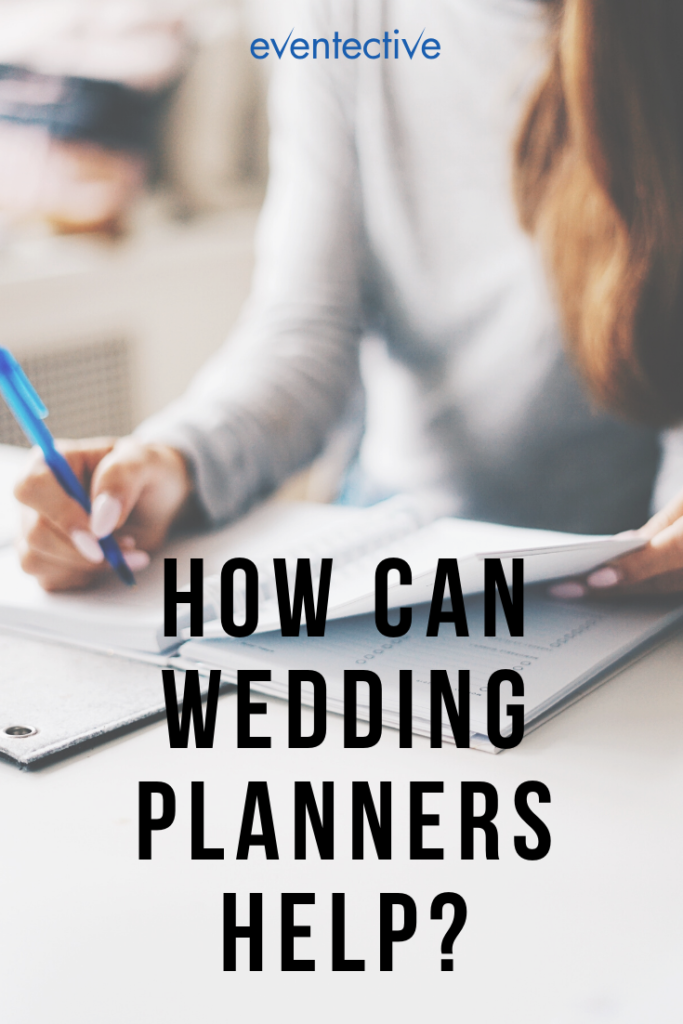
CREATE WEDDING WEBSITE
Wedding websites are a handy tool for keeping all the details in one convenient spot for guests. You’ll still send out invitations with the highlights—like location, date, and time. But the wedding website goes into more detail with room blocks, dress code, and parking directions. There’s also room for your How We Met story, and photo albums with engagement photos or pictures from your time dating.
With a wedding planner helping, they put all that content into the website builder for you. Of course, they may turn to you for old pictures, or your love story in your own words. But the rest, they can fill out because, well, they’re planning it!
COORDINATE VENDORS
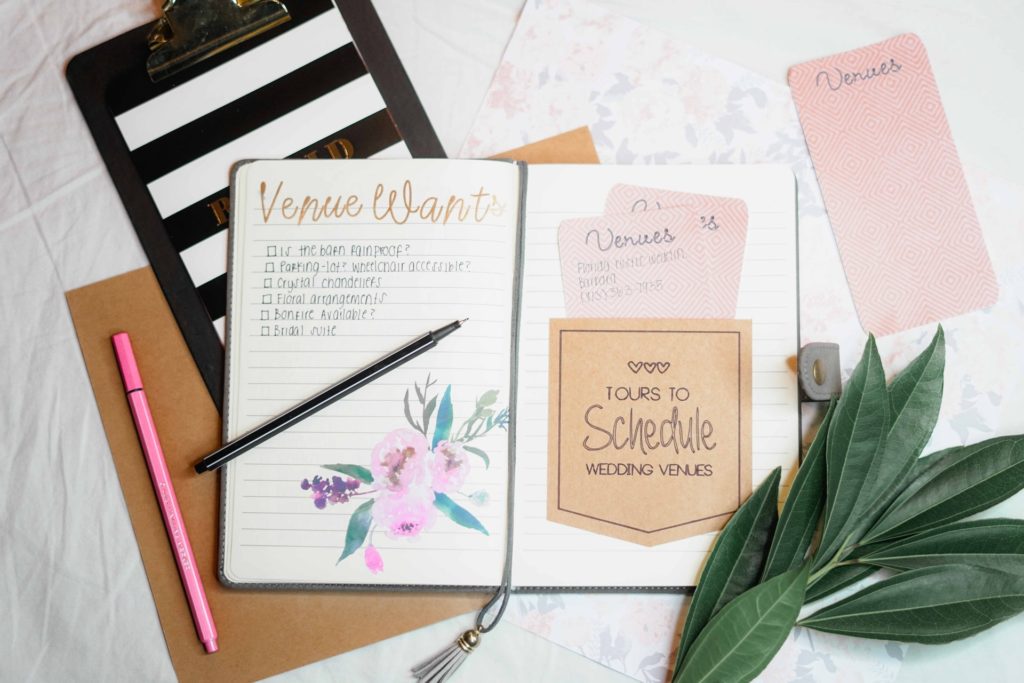
From florists to caterers and cake designers—not to mention the venue!—you’ll meet lots of vendors in person and over the phone. These meetings are scheduled by your wedding planner. Depending on your agreement, you may choose the vendors yourself, or task the planner to choose the top candidates that meet your pre-determined criteria.
In some cases, your vendors may overlap. For example, your venue may also offer catering or entertainment services. But in most cases, you’ll have at least a few different contacts to communicate with. And a wedding planner handles all vendor communication! They keep you updated, of course. But there’s no need to juggle a half-dozen names and numbers as you plan the Big Day.
MANAGE INVITATIONS
Like we said earlier, you’ll hand a guest list over to your wedding planner. This should include names, addresses, relationship to you or your soon-to-be, and any contact information. From there, your planner will mail invitations and track the RSVPs as they come in. If invited guests miss the deadline to RSVP, your wedding planner will follow-up via phone or email.
This doesn’t necessarily mean your wedding planner would choose your invitations. Although you will already have determined a color palette for your wedding—so you may trust their discretion entirely. Or, you can ask to see 3-5 options to choose from. The planner will know the best timeline for sending invitations, including adequate time for RSVPs while factoring in any surrounding holidays. You can also trust them to include the all necessary information on the invites, so guests can plan accordingly.
PLAN THE CEREMONY
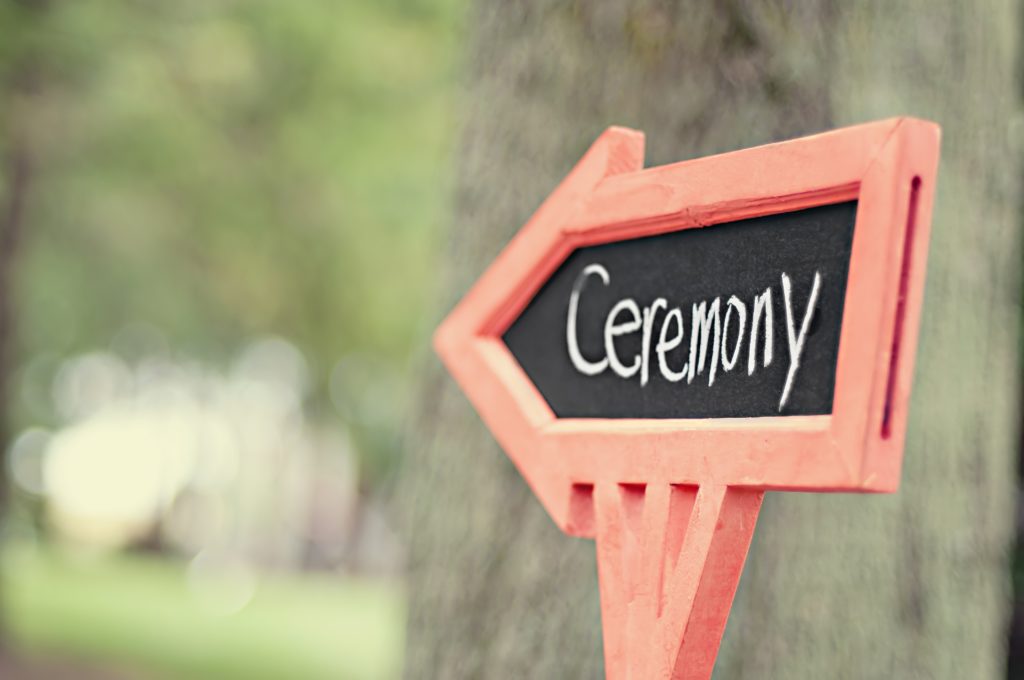
Do the groomsmen walk down the aisle, or wait at the alter? When does the special reading take place? How quickly into the reception should the first dance happen? You can discuss all these with the wedding planner, and let them create the schedule. Not only can they recommend the best order of events, but they also share the final schedule with all involved. This includes the officiant, MC or DJ, coordinator from the venue, and any other participants.
If the your venue doesn’t have a pre-established layout for weddings, your wedding planner will also design the floor plan, and work with the venue to execute and put up decorations. You may choose to be present or not. Although, we do recommend taking a peek before the day arrives. That way, you avoid any last-minute surprises on your wedding day.
MEDIATE GUESTS AND FAMILY
The larger your wedding, the more trouble a guest can cause. This absolutely doesn’t mean a guest will cause any trouble—just that there’s an increased chance. Especially if there is preexisting drama in your friend groups or family. Wedding planners aren’t scared of dramatic or unruly guests. And they can act as a mediator between guests, or buffer between you and a guest, so all your memories are happy ones. (Like they should be!)
WRAP UP CELEBRATION
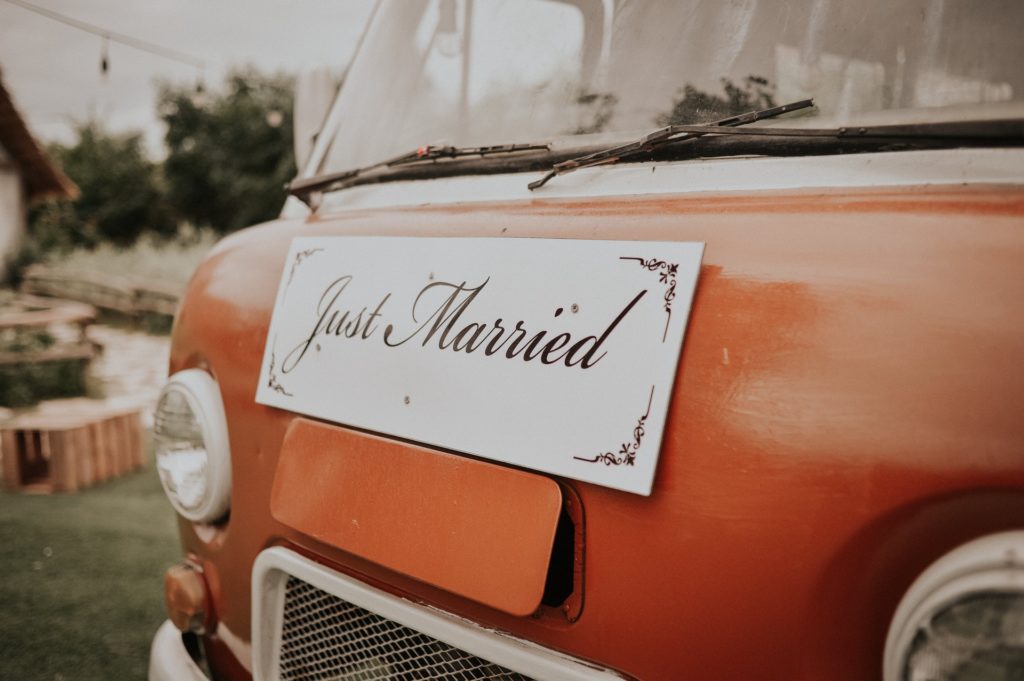
Your wedding is over, and you’re off to a distant—or near!—destination to celebrate your recent I do’s. But someone still needs to return the rented vases, monitor clean-up, and make sure all the presents make it to your home safely. How does it all get done? You guessed it—the wedding planner! Their attention to detail, especially at the end, keeps you from returning home to a surprise mess to sort out. Set off with peace of mind, knowing all the final details are in good hands.
CONCLUSION
Ultimately, you and your soon-to-be determine how involved your wedding planner is. This list is just meant to give you a look at all that they can help with. But it’s up to you to let them. Don’t be afraid to ask a lot of questions early on, and if you come across a wedding detail that you want to plan—speak up! Wedding planners are here to make your day special.
What other wedding details would you like expert help with? What elements are off limits, even for a wedding planner?

